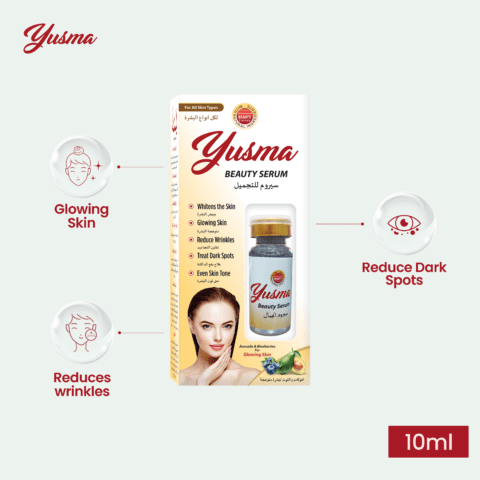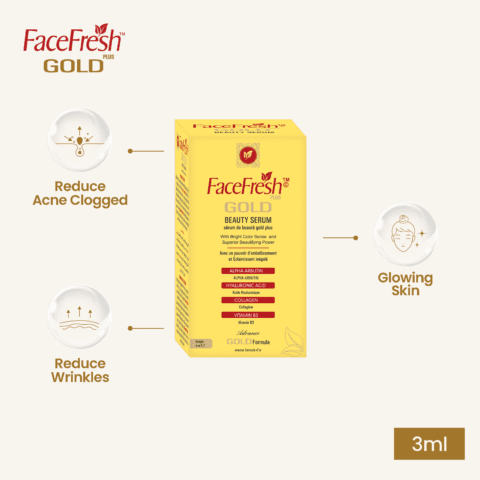Dry skin is a common condition that affects people of all ages. It can cause discomfort, itching, and flaking, making the skin appear dull and lifeless. Understanding the causes of dry skin and the importance of proper moisturization is essential for finding relief and maintaining healthy skin. In this article, we will explore the various factors contributing to dry skin, the significance of moisturization, and some helpful tips for relief.
Introduction to Dry Skin
Dry skin, also known as xerosis, occurs when the skin loses its natural moisture and oils, resulting in a lack of hydration. This can be influenced by various internal and external factors, making it a prevalent issue for many individuals. Dry skin is often characterized by a tight, rough, and sometimes scaly texture, which can lead to discomfort and irritation.
Causes of Dry Skin
Several factors contribute to the development of dry skin. Some common causes include:
- Environmental conditions: Cold weather, low humidity, and excessive exposure to dry air can strip the skin of its natural oils, leading to dryness.
- Hot showers: Prolonged exposure to hot water can remove the skin’s natural oils and disrupt its moisture balance, resulting in dryness.
- Harsh soaps and cleansers: Certain soaps, cleansers, and skincare products containing harsh ingredients can strip away the skin’s natural oils, causing dryness.
- Aging: As we age, our skin produces less oil, leading to a higher likelihood of dryness and decreased moisture retention.
- Medical conditions: Certain medical conditions such as eczema, psoriasis, and hypothyroidism can contribute to dry skin by affecting the skin’s ability to retain moisture.
Understanding the Importance of Moisturization
Moisturization is crucial for maintaining healthy skin and preventing dryness. It helps restore and replenish the skin’s moisture barrier, keeping it hydrated and protected. The skin barrier acts as a protective shield, locking in moisture and preventing water loss. When the skin lacks proper moisture, the barrier becomes compromised, leading to dryness and increased vulnerability to external irritants.
The loss of moisture from the skin can also disrupt its pH balance and impair its natural functions. This can result in a weakened barrier, making the skin more susceptible to inflammation, infections, and premature aging. Therefore, incorporating effective moisturization practices is vital for nurturing and revitalizing dry skin.
Tips for Moisturizing Dry Skin
To effectively combat dry skin, consider the following tips for moisturization:
Choosing the Right Moisturizer
Selecting the right moisturizer is essential for addressing dryness effectively. Look for products that are specifically formulated for dry skin and contain ingredients like hyaluronic acid, glycerin, and ceramides. These ingredients help attract and retain moisture, providing long-lasting hydration and nourishment to the skin.
Incorporating a Daily Moisturizing Routine
Establishing a regular moisturizing routine is key to maintaining hydrated skin. Apply moisturizer immediately after showering or washing your face when the skin is still damp. This helps lock in moisture and enhances absorption. Additionally, consider using a thicker, emollient-rich moisturizer at night to provide intensive hydration while you sleep.
Hydrating from Within
Drinking an adequate amount of water is crucial for overall skin health. Staying hydrated helps improve the skin’s elasticity and suppleness, combating dryness from the inside out. Aim to drink at least eight glasses of water a day, and consider incorporating hydrating foods into your diet, such as watermelon, cucumbers, and oranges.
Additional Measures for Relief
In addition to proper moisturization, certain lifestyle changes and practices can provide additional relief for dry skin:
Avoiding Hot Showers and Harsh Soaps
Limiting your time in hot showers or baths can help prevent moisture loss from the skin. Opt for lukewarm water instead and use mild, fragrance-free cleansers that won’t strip away the skin’s natural oils.
Using a Humidifier
Dry indoor air can exacerbate dry skin. Investing in a humidifier can help add moisture back into the air, creating a more comfortable environment for your skin. Place it in your bedroom or frequently used areas to combat the drying effects of central heating or air conditioning.
Protecting the Skin from Harsh Weather Conditions
During cold or windy weather, protect your skin by wearing appropriate clothing, including scarves, gloves, and hats. These items can shield your skin from harsh elements and help retain moisture.
Lifestyle Changes for Healthier Skin
Apart from external measures, certain lifestyle changes can contribute to healthier, more hydrated skin:
Maintaining a Balanced Diet
Eating a nutritious, balanced diet rich in fruits, vegetables, and omega-3 fatty acids can promote skin health. These foods provide essential vitamins, antioxidants, and healthy fats that nourish the skin from within, enhancing its natural moisture retention capabilities.
Staying Hydrated
As mentioned earlier, drinking an adequate amount of water is essential for maintaining hydrated skin. Hydration from within supports the skin’s moisture barrier, helping to prevent dryness and promote overall skin health.
Avoiding Excessive Sun Exposure
Excessive sun exposure can lead to dryness, premature aging, and an increased risk of skin cancer. Protect your skin by wearing sunscreen, seeking shade, and wearing protective clothing when spending time outdoors.
Seeking Medical Advice for Severe Dry Skin
If you experience severe dryness that does not improve with moisturization and lifestyle changes, it may be necessary to consult a dermatologist. They can assess your condition, identify any underlying causes or medical conditions, and provide appropriate treatment options to alleviate your dry skin symptoms.
Conclusion
Dry skin can be a bothersome condition, but with proper care and moisturization, relief is possible. By understanding the causes of dry skin, the importance of moisturization, and implementing helpful tips and practices, you can restore hydration to your skin, making it smoother, healthier, and more radiant.




Leave a comment
Your email address will not be published. Required fields are marked *